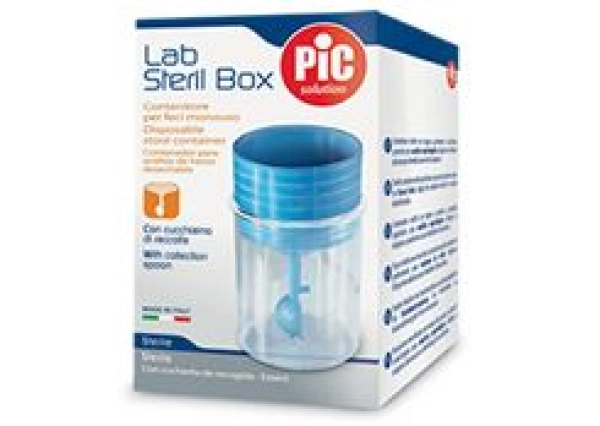

You'll start your check-up with the traditional urine test: the results will give you a cross-section of the health of your body. It will analyze physical characteristics like colour, appearance, and smell, but also some chemical components like protein, blood and glucose. You'll no doubt know that it's the concentration of glucose in the urine that's a really important factor in the screening for diabetes.
Doing a blood test will be useful for your doctor for checking that your values are all normal, like your red blood cell count, liver function and many more... But first of all, you'll be able to check if you have anemia, a blood condition which can seriously affect the state of your health if your hemoglobin drops too far below normal levels.
Do you love fatty food and you can't give up eating meat every day? One of the most important results you'll get from a blood test is the percentage of cholesterol, which is a crucial sign for finding out whether you might be at risk of cardiovascular illness.
A blood test will help you and your doctor count the number of red and white blood cells in your blood, as well as your platelets. These are important factors for determining your overall health, from your kidneys to your liver function and your bones.
At your doctor's discretion, a check-up could also include a specialized cardiac examination where you'll have an electrocardiogram. The trace of your heart's electrical activity will let you find out ahead of time if there is any suspicion of heart disease.
If you're a woman, on top of urine and blood tests, a check-up will also include a breast ultrasound scan and a digital bilateral mammogram. These are very important tests, because breast cancer is still the primary cause of death from cancer in women, and early diagnosis can mean prompt and therefore as effective treatment as possible.
If you're a woman, as well as ultrasounds, your doctor might suggest that you have a gynecological examination too, which you should have at least once a year. During the check-up, if you want, you can ask him about any concerns you might have about contraception, sexually transmitted diseases, assisted conception and the menopause.






